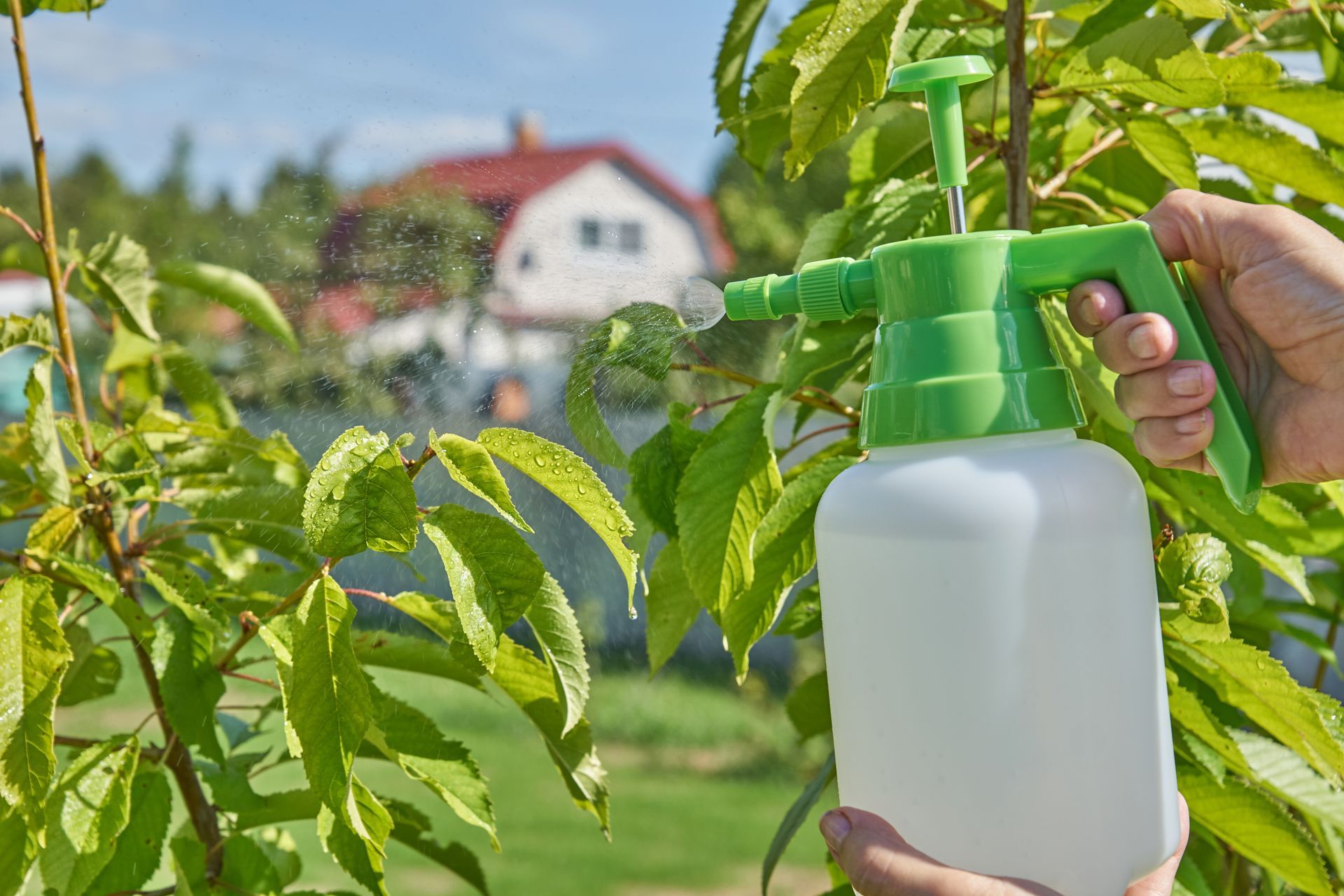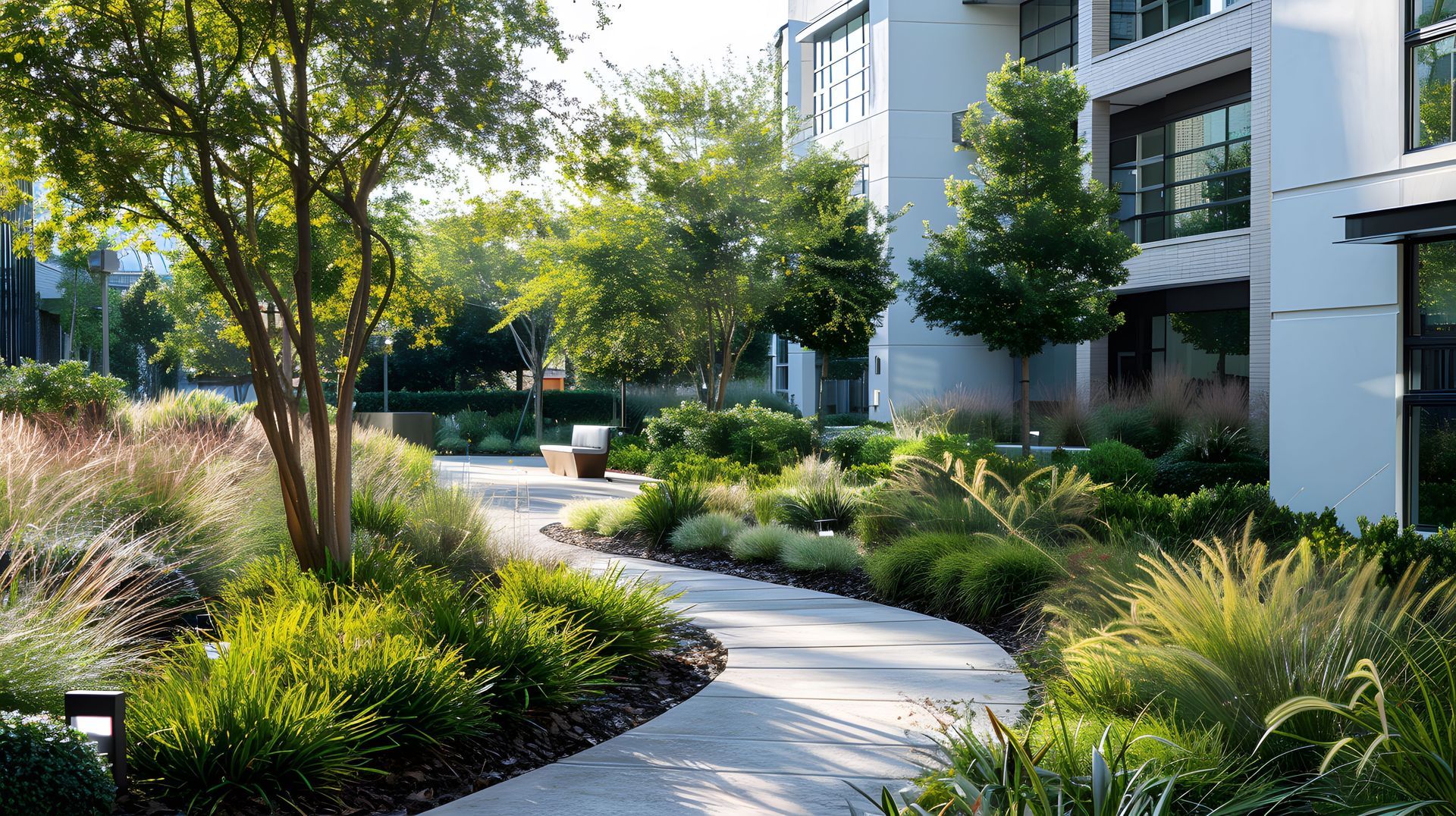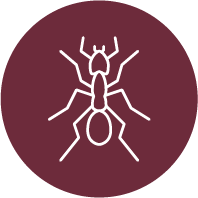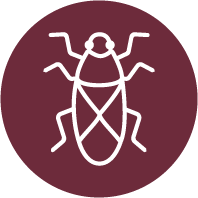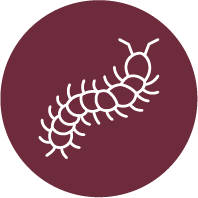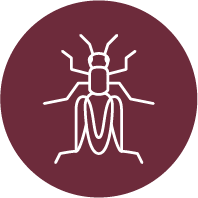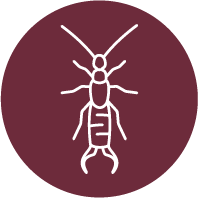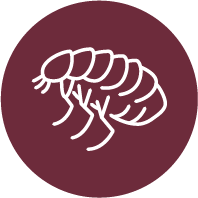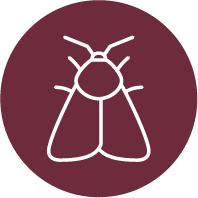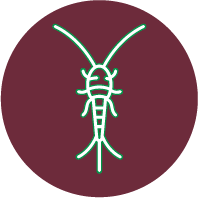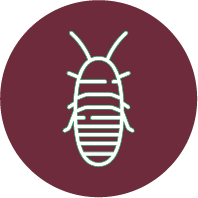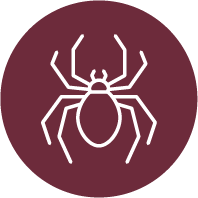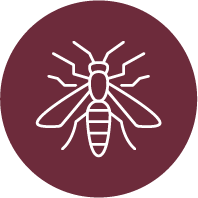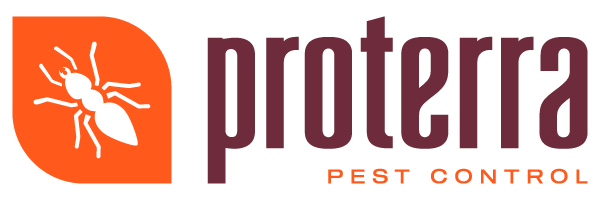Proactive Wasp Control Strategies
Wasps present a unique challenge to homeowners, especially when they decide to nest in close proximity to human activity. Their stings are not only painful but can pose serious health risks to those with allergies. Understanding the lifecycle of wasps and identifying the early stages of nest building are crucial steps in proactive wasp control. Emphasizing Proterra's proactive measures and safe removal techniques can ensure that homes and families are protected from the dangers associated with these stinging insects.
Understanding the Wasp Lifecycle
Wasps go through a complete metamorphosis in their lifecycle, which includes the stages of egg, larva, pupa, and adult. In the spring, overwintering queen wasps emerge to seek out new nesting sites, which is why early detection during this period is critical. Recognizing the lifecycle patterns of wasps helps in intervening before a full-blown infestation takes root around your home.
Early Detection of Nest Building
The initial signs of wasp nest building are subtle but noticeable for the observant homeowner. Early nests are often the size of a walnut or golf ball and contain fewer wasps, typically just the queen who is starting her colony. They can be found under eaves, behind shutters, or in other sheltered spots. Finding and addressing nests at this stage is easier and safer than dealing with a larger, established colony.
Proterra's Proactive Wasp Management
Proactive wasp management involves routine inspections of potential nesting sites around the home, especially during the early spring months. Techniques from Proterra include setting up wasp traps and using repellents to deter queens from establishing nests in unwanted areas. Implementing these methods before wasps become a major issue is crucial in managing the population around your home.
Safe Removal Techniques
When nests are found, safe removal is key to preventing harm to individuals and the structure of the home. Proterra employs methods that protect both the technicians and the residents, using appropriate personal protective equipment and removal tools. Ensuring that the nest is completely removed and that no wasps remain to rebuild is an integral part of the process.
Natural and Chemical Repellents
There are both natural and chemical repellents available for wasp control. Natural options include plants that repel wasps or essential oil mixtures, while chemical repellents can offer a stronger deterrent. Proterra considers the best approach for each situation, balancing effectiveness with environmental consciousness and the safety of the household.
Understanding Wasp Behavior
An understanding of wasp behavior can aid in maintaining a wasp-free environment. Wasps are often more aggressive when they feel their nest is threatened. Knowing how to react around wasps and identifying the signs of an agitated wasp can prevent provocation and potential stings.
Sealing Entry Points to Homes
Preventing wasps from entering the home is another critical control strategy. Sealing entry points such as cracks around windows, doors, and foundation vents eliminates the spaces where wasps could create interior nests. Securing trash bins and covering compost also helps minimize wasp attractions.
Monitoring for Wasp Activity
Regular monitoring for wasp activity can alert homeowners to new or emerging threats. Keeping an eye out for wasps in flight can often lead to the discovery of a nest in its early stages. This vigilance allows for quick action before the wasps settle and the nest becomes problematic.
The Importance of Professional Assistance
For larger nests or when nests are located in hard-to-reach or sensitive areas, professional assistance from companies like Proterra is invaluable. Professionals have the expertise, experience, and tools to address wasp problems effectively and safely. They can also provide tailored advice for preventing future wasp issues.
Educating the Household on Wasp Safety
Education is an important aspect of wasp control. Ensuring that all members of the household know how to behave around wasps, recognize the signs of an allergic reaction to stings, and understand when to call for professional help can prevent accidents and keep everyone safe.
The integration of these proactive strategies into a comprehensive wasp control plan can significantly reduce the likelihood of wasp infestations and the risks they pose. By understanding the wasp lifecycle, taking steps to prevent nesting, and knowing how to safely remove nests, homeowners can protect their living spaces from these unwelcome visitors. Seeking professional guidance, particularly in challenging scenarios, and educating all household members on safety practices further ensures a secure and wasp-free environment. Through vigilance and the implementation of effective management practices, the risks associated with wasps can be minimized, safeguarding both homes and families during peak wasp season.
Don't let wasps take over your peace of mind! Proterra Pest Control specializes in safe, eco-friendly solutions to protect your home and family from unwanted guests. Whether it’s preventing wasp nest formation or removing an existing one, our team is here to help. For a safer, greener approach to pest control, contact Proterra today and say goodbye to those winged worries!
